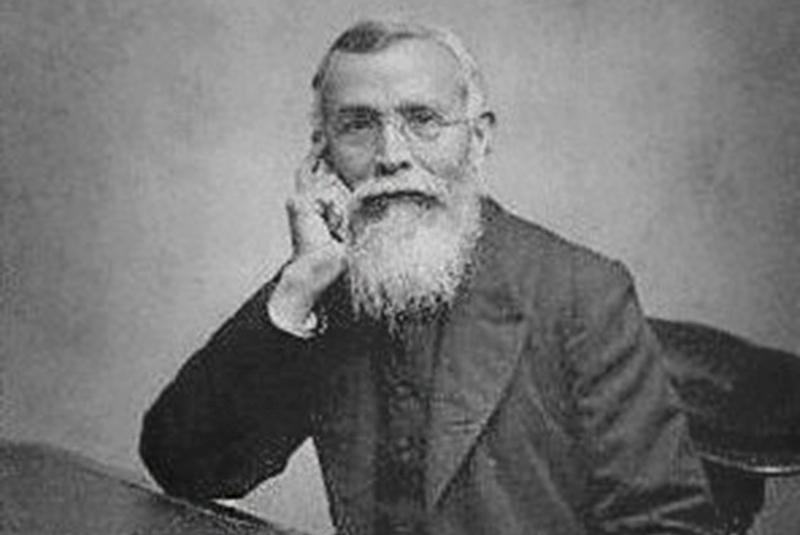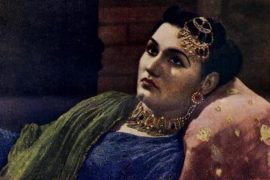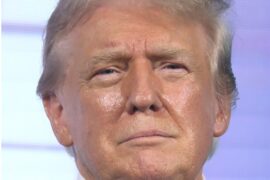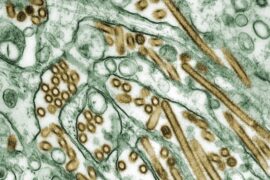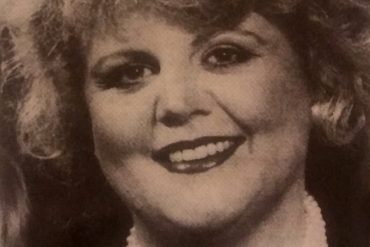On July 26, 1892, The Guardian, London, published an article with the headline ‘Britain’s first Asian MP elected.’
The election of an Indian gentleman, Mr. Dadabhai Naoroji, as member of Parliament for Central Finsbury is naturally an event of much interest to his countrymen, and it is hardly of less interest to us. It is the first of its kind. We have heard of Indian “nabobs”, men of our own kith and kin who about the end of the last century, coming home with the wealth they had acquired, bought up a rotten borough here and there and seated themselves in Parliament; but that a native Indian should find a place in that Imperial assembly and take part in the legislation and administration of the Empire would have been considered too wild an idea to be ever realised.”
Dadabhai Naoroji, a Parsi from Bombay, did the unthinkable by defeating a white candidate, Frederick Penton, an alumnus of Harrow and Oxford and a former army officer, and earned a lasting place in modern Indian and British history.
But this exceptional win did not come without failure. In 1886, Naoroji’s attempt at becoming a Member of Parliament ended in defeat despite support from people like Florence Nightingale. Lord Salisbury, the then Conservative Prime Minister, remarked that Englishmen (and it was indeed only men who were allowed to vote at that time) were not yet ready for a ‘black man’ as their elected representative. Barely a few years later, in 1892, the ‘black man’ had emerged successful. It was a close election – one that Naoroji won by just three votes. Wags called him ‘Dadabhai Narrow-Majority.’
Copyright©Madras Courier, All Rights Reserved. You may share using our article tools. Please don't cut articles from madrascourier.com and redistribute by email, post to the web, mobile phone or social media.Please send in your feed back and comments to [email protected]

